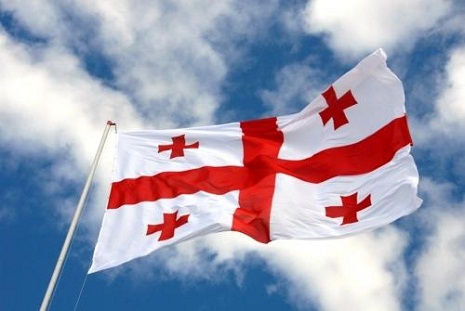Georgia`s government will face a confidence vote in parliament after sports minister Levan Kipiani on April 29 became the seventh cabinet member to quit in less than a year.
On May 31 Georgian Prime Minister Irakli Garibashvili named parliament member Tina Khidasheli as new defense minister, replacing Mindia Janelidze.
In other changes in the cabinet, parliament member Gigla Agulashvili, chairman of the parliamentary committee for agriculture, was named as minister of environment and natural resources protection.
Both Khidasheli and Agulashvili are members of the Republican Party, part of the Georgian Dream ruling coalition.
Tariel Khechikashvili, co-owner of one of Georgia’s largest auto trader Iberia Business Group and founder of a football club Saburtalo, has been named as minister of sport and youth affairs.
Other ministers remain unchanged in the reshuffled cabinet.
The new government has to win confidence vote in the parliament, where Georgian Dream ruling coalition holds majority. The president has seven days to present nominated reshuffled cabinet to the Parliament for confirmation. Under the constitution the president has no right to change or block nominated cabinet members.
If the cabinet fails to win confidence vote, a repeat vote should be held within 30 days after the reshuffled cabinet was submitted to the Parliament for confirmation.
Eastern Partnership is an EU project launched in 2009. Its main goal is to develop the EU integration relations with Azerbaijan, Ukraine, Moldova, Armenia, Georgia and Belarus.
The main objective of the upcoming Eastern Partnership summit in Riga is to confirm the sides’ commitment to the cooperation as part of this program, strengthening the work as part of the association agreement and a free trade agreement.
More about:
















































